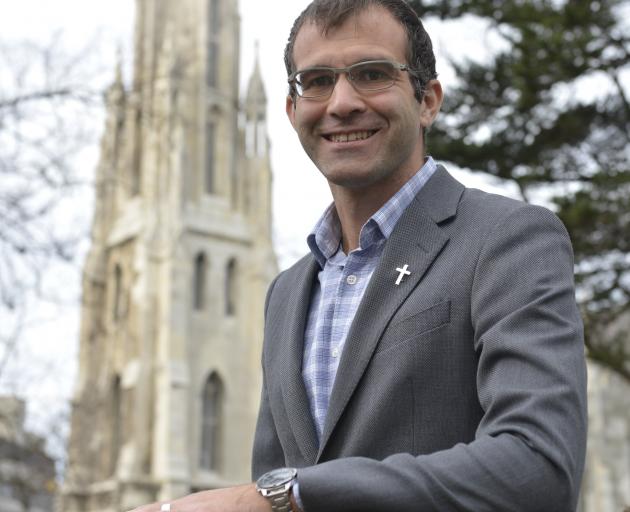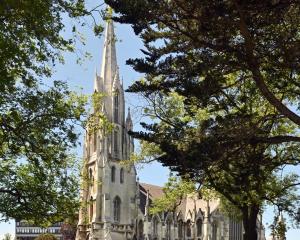
We are connected people, made for relationships with one another, with the land and the seas and ultimately, with God.
In the ancient world kings were said to be God’s image. The Bible radically subverts this and says that all humanity is made in the image of God (Genesis 1:26).
No matter their standing in society, the size of their bank account, their level of privilege, their cultural background or job or what they have done, every person is made in the image of God.
This was a radical teaching in the ancient world, and it remains a radical teaching in our world that is struggling to thrive because of the division between individuals, communities and creation.
There is a story in Luke 7:37-50 about Jesus sitting around the table with some respectable people when a woman comes to give him a gift.
The passage tells us that she was regarded as a "sinner". The respectable people around the table were offended at her presence and even the host was grumbling about her. These respectable people forgot those words that the Bible speaks about everyone being made in God’s image.
So often, the lack of thriving in our world comes because we have lost sight of the image of God in one another.
When we see somebody as a "problem" then we risk looking past the image of God in them. When we find ourselves outraged towards somebody because of their actions or their political views we risk looking past the image of God in them.
Likewise, if we overlook people because of their cultural background or their gender we risk looking past the image of God that they bear.
If we don’t see the inherent dignity in one another, we can justify seeking our welfare and our thriving at other people’s expense — undercutting the very connection we are made for.
In response to the outraged grumbling of the people around the table, Jesus asks a simple question: "do you see this woman?".
Jesus’ question is an invitation to see the other person. It is an invitation for us to listen, to meet, to truly see the person who is before us.
When we are truly seeing a person, we see that a person who may be quite different from us has so much to teach us.
Yet, when Jesus invites us to see the image of God in one another he does not mandate identical treatment for each person.
Jesus engaged in a particular way with this disadvantaged woman and treated her differently from the privileged who were already around the table.
Depending on the journey a person has been on, or their community’s experiences, different things are needed to enable them to thrive. Past injustices need to be set right to enable individuals and communities to thrive.
Regardless of our diversity we are connected and so the suffering of one part of our community affects us all.
As we seek to build a community where all people can thrive, we will be constantly tempted to look past the image of God in one another.
Rather than be connected to one another there are many things that would cause us to divide into camps.
Instead of thriving together, we will be enticed to seek our own needs above the needs of others and to "thrive" at the expense of those around us or the planet itself.
When these temptations come our way, we can ask ourselves a similar question to the one Jesus asks: "do you see this person?".
When we truly see, the "problem" becomes a person. When we begin to see one another and listen to one another’s story we are recognising the inherent dignity in each of us.
As we see and listen, we are taking a step towards healing our communities and towards thriving together.
■Rev Ed Masters is the senior minister at the First Church of Otago.












